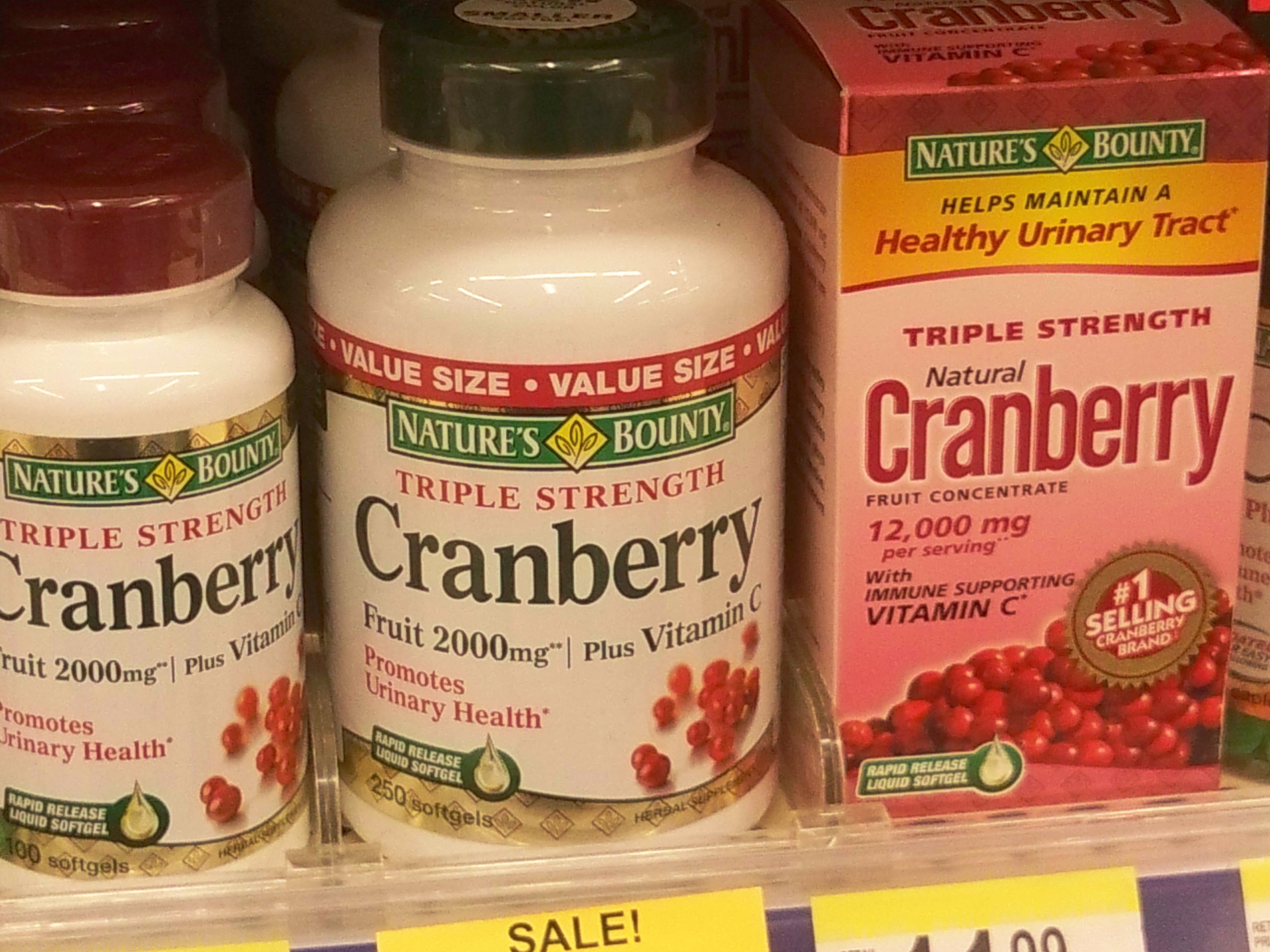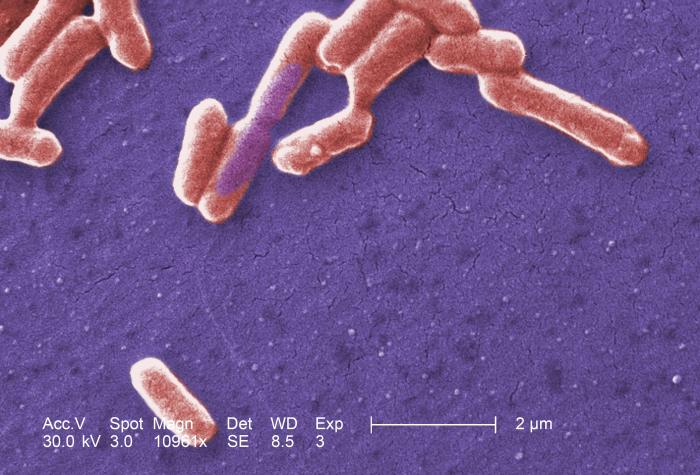For years now, doctors have been praising the cranberry for the gifts it has brought to the  medical community. It has major chemical compounds of proanthocyanidins, flavonoids, fructose, and vitamin C.
medical community. It has major chemical compounds of proanthocyanidins, flavonoids, fructose, and vitamin C.
One of the most widely known is the cranberry’s ability to prevent urinary tract infections (UTIs). So, how does the cranberry do this? Well, the cranberry has a fructose compound and proanthocyanidins, which prevent the adherence of many bacteria including the culprit of many UTIs, Escherichia coli, or more commonly known as E. coli. Do not confuse these properties as antiseptics or antibiotics. The cranberry lacks those properties.
Cranberries are sold nationwide in pharmacies as concentrated cranberry capsules and in grocery stores as juice, sauce, dried fruit, whole fruit, and frozen fruit. Some doctors caution that in some special cases, cranberries should not be used. This includes allergic  cystitus and if you are using other herbs for UTIs, like Uva-ursi. Since cranberries are acidic, it can aggravate allergic cystitis and inhibit the role of other herbs. Doctors and scientists have found the cranberry to be safe, effective, and healthy, but always consult your physician before trying any of these treatments.
cystitus and if you are using other herbs for UTIs, like Uva-ursi. Since cranberries are acidic, it can aggravate allergic cystitis and inhibit the role of other herbs. Doctors and scientists have found the cranberry to be safe, effective, and healthy, but always consult your physician before trying any of these treatments.
Scientists have concluded that the cranberry is one of the best super foods. This is because the cranberry has high amounts of phenols (antioxidants), and high nutrition levels. Antioxidants have been found to reduce the risk of cancer, strokes, heart attacks, heart disease, and many more disease/disorders.
Just recently, it has been found that the cranberry may be able to help fight dental plaque. Some recent studies show that some antioxidant components of the cranberry may have the ability to reduce dental plaque. Studies are still being conducted on this attribute.
To learn about some fun and yummy things to do with the cranberry, click here.
Copyright Britney Mullenbach – Last updated 4/16/2011
